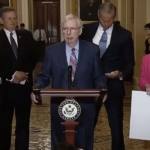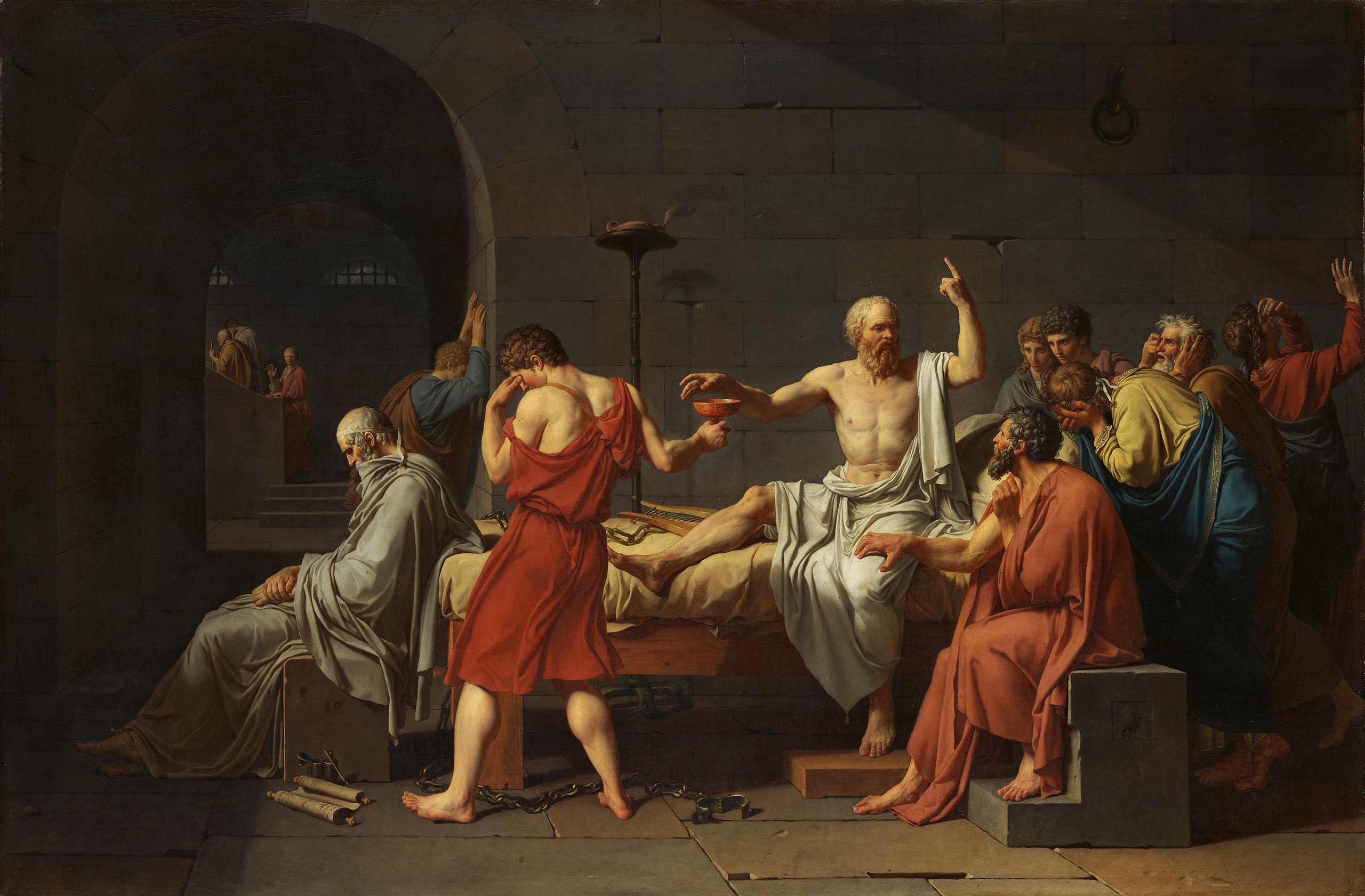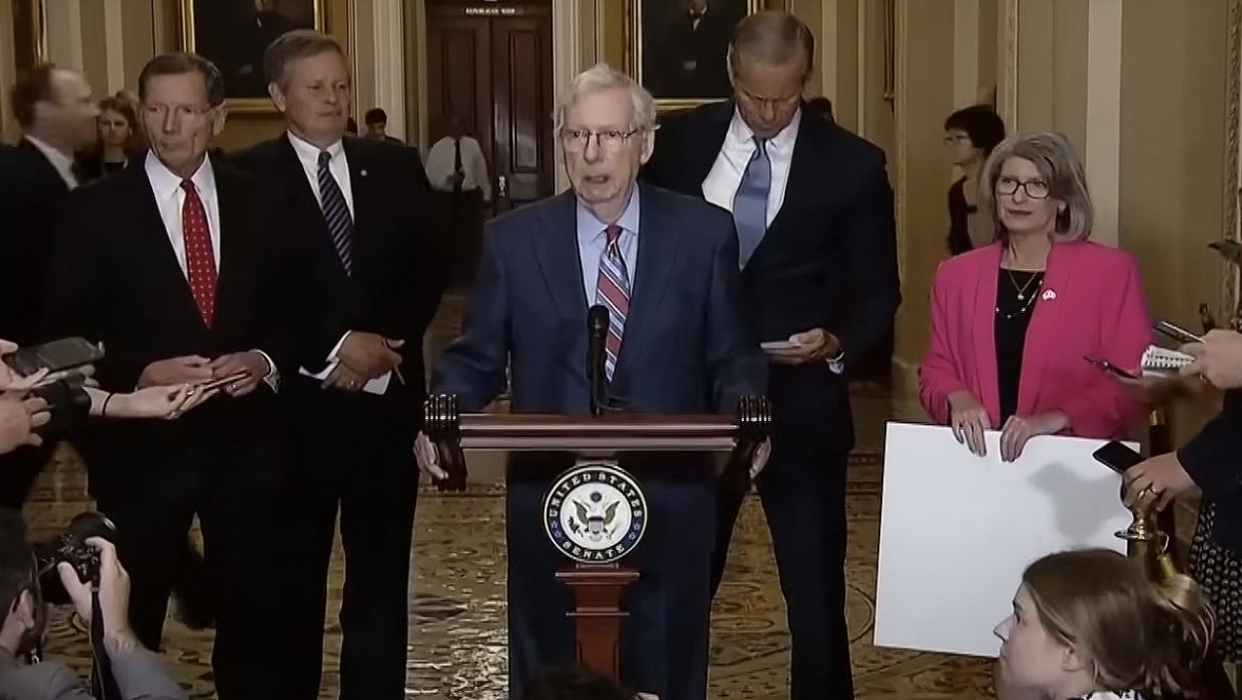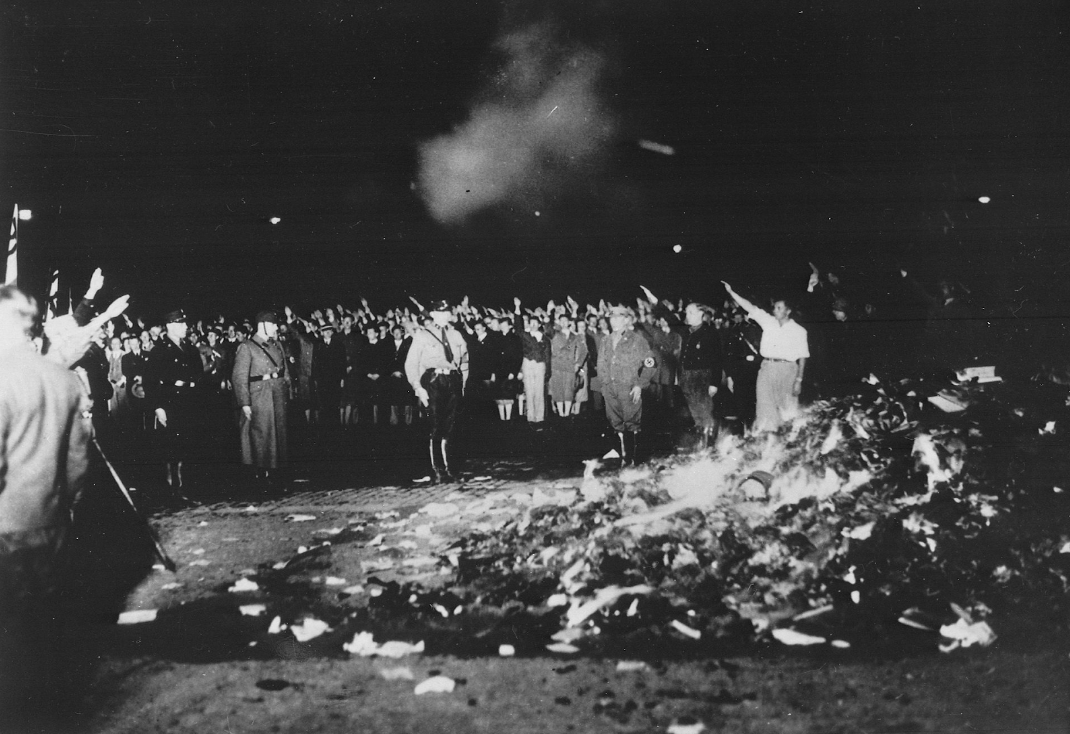What benefit is there to democracy if only one faction is given room to talk, if only one side can define the terms of free expression, or if no one talks at all?
BY: JACK JURSNICH
Staff Writer
I believe it is worthwhile to understand that democracy is a system of governance where the majority of the public have the power to make decisions. Ideas, elections, power, politics can all be persuaded by the majority of free public expression. From the birthplace of democracy in Athens, Greek philosopher Plato wrote how justice — a staple of democracy — is described by those who name it, and that the majority defines what is right and what is wrong. Are majority-based decisions a fair assessment of what the whole believes? If the majority dictates what is good or bad, should their decision be set as the norm? Or even the law?
I hope that I am not the only one seeing the flaws in this form of government, making decisions based on a majority is a recipe for disaster. Just look at examples from the history of race relations in America or the rise of Nazi Germany, where a majority favored decisions and ideas at the expense that a minority would suffer from ostracization or slavery. The NSDAP or the Nazi Party gained majority power by appealing to the working class, promising anti-bourgeoisie policies, then converted Germany’s democracy into a dictatorship by siding with the bourgeoisie. In America, a majority aligned with anti-slavery rhetoric during and before the Civil War, but still a majority remained in favor of segregation for another century after the abolition of slavery. Despite what we see now from these events, the minorities of these two nations suffered from the democratic ruling of their majorities, whether or not the majority knew the consequences of their decisions.
So, should we instead favor the minority?
Absolutely not, for it would only turn the tables and reverse the polarization. The same problems would emerge by a minority-ruling, so to favor the minority out of spite for the majority doesn’t guarantee that the minority knows any better.
On a larger scale like national elections, majorities and minorities could be made of large numbers of people, and potentially the two could be equal. In a vote like 50-50, one person could swap sides and win the vote, but in that case of 51-49, does the minority have to face the consequences that the majority beset on them? 49% is still a large population. Even if the vote is flipped, 51% is even bigger. How does that sound fair?
Another staple of democracy is the right to speak freely but tie that with majority-based decisions, then democracy would only favor those with the louder voice. Decisions could be made by whoever has the bigger mob.
An example of mob rule is in the case of Socrates in ancient Greece. Socrates enjoyed asking questions about others’ beliefs and picking at their ignorance. In fact, it was Socrates who made the discussions about justice I mentioned earlier that Plato had written. Plato was the student of Socrates and wrote The Republic, one of many dialogues from Socrates, but even with the eventual success of Socratic dialogues, Socrates was revered among the Greek public. Despite
how well he was able to assess and reveal truths in those he questioned, the people chose to kill him out of their annoyance. Socrates accepted his death because he knew that is what the majority of the public wanted, showcasing directly the consequences of mob rule. The example here is that direct democracy does not always favor right or wrong, it only favors the majority, even if it means killing the minority.
If my writing suggests that I am not in favor of democracy, I want to make it clear that I cherish its benefits in that free expression and power among the people should flourish. Little to no progress can be made in a society where there are restrictions to democratic freedoms especially if those freedoms are restricted by a majority rule. Just because an individual is born with liberties does not give them the authority to subjugate another individual’s liberties. No one is equal in person like they are in their natural liberties, just as no group can have more natural liberties than any individual. However, the protection of a person’s liberties is not practical for a direct democracy because an individual liberty can be overruled by a majority. Only in a republic is the representation and the protection of one’s natural liberties more practical.
America was founded as a democratic republic, a system of government complete with checks and balances, and a set of laws based on a foundational Constitution, with the mission to protect all natural liberties and to govern through representatives elected by the public. Similar to a democracy, decisions within a republic are made by the people, though mainly through their representatives and under the limitations of the Constitution. No longer can natural liberties be trampled by a majority vote, the Constitution provides protection to those liberties. Of course, as is known from all American history, a Constitution can be flawed, but amendments can be made with precision and respect to the founding document. For example, the First Amendment is widely known to be the most important, but having the 13th, 15th, and 19th Amendments seem just as important then as they do now, though overthrowing or rewriting the Constitution isn’t necessary in order to make those changes. The Constitution is meant to be updated relatively with respect to its foundation of upholding the liberties of all people. Disregarding the liberties of women and people of color is unconstitutional, which is why their voting rights were eventually recognized in their respective amendments.
America’s current government can only work if democracy and the republic are executed together. Without democracy, representatives can become isolated from the public and govern to their own accord; without the republic, a majority-rule can topple anything to their liking. I hear too much of how our “democracy is under threat,” but I don’t believe that democracy has been universally understood. When I hear President Biden during the recent State of the Union say things like “democracy is under threat,” Republicans shout the name “Laken Riley” while Democrats boo and shout “Shut up!”
When I hear both presidential nominees playing into the importance of free speech and discussion, yet they both make no effort to debate with their opponents, then it makes me doubt they know what democracy means.
What benefit is there to democracy if only one faction is given room to talk, if only one side can define the terms of free expression, or if no one talks at all?
I have no complete solution to these issues other than to simply talk and learn from one another, but I think a good treatment in achieving the best results from our current democratic republic is to never forget what it is: both a democracy and a republic. Without the balance of the other, then they both fail on their own terms.











